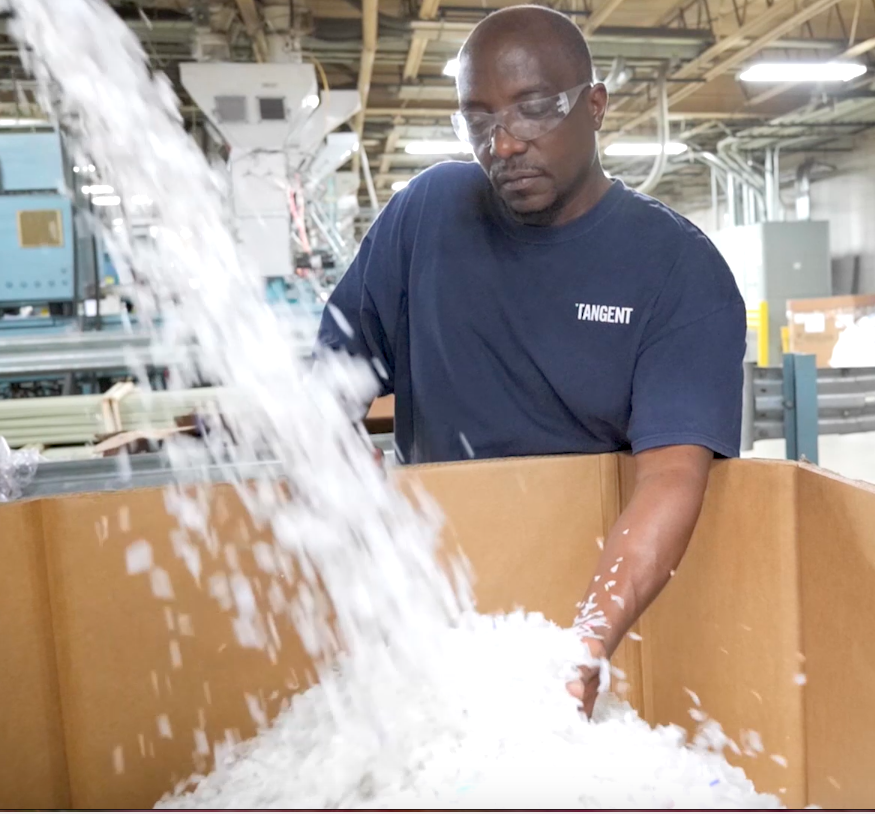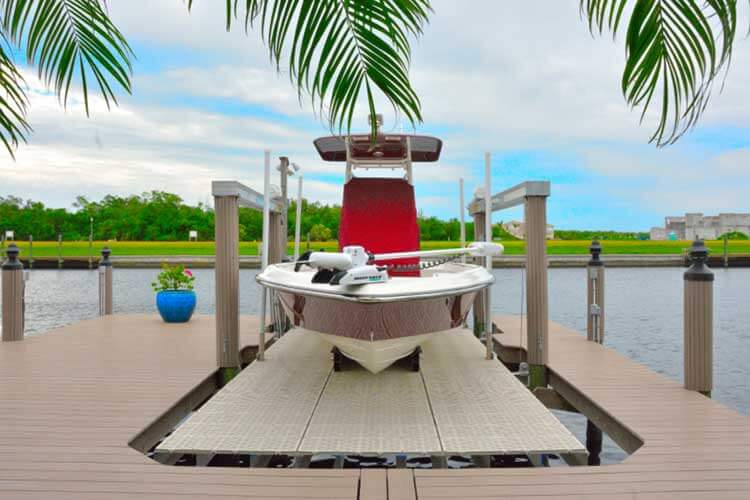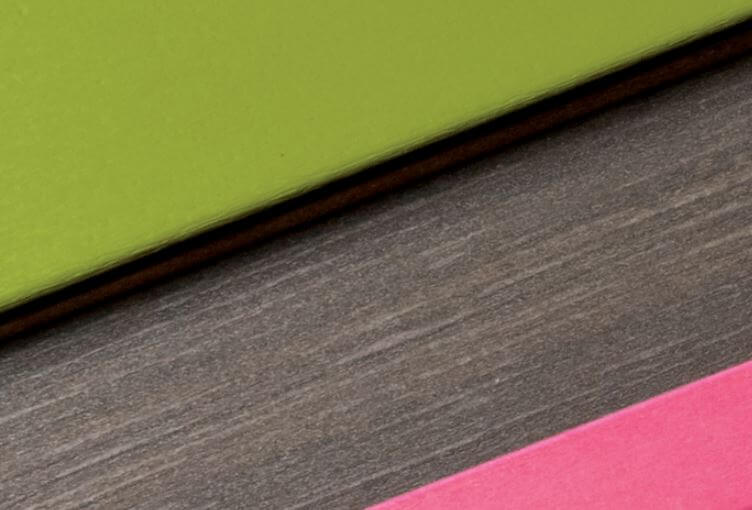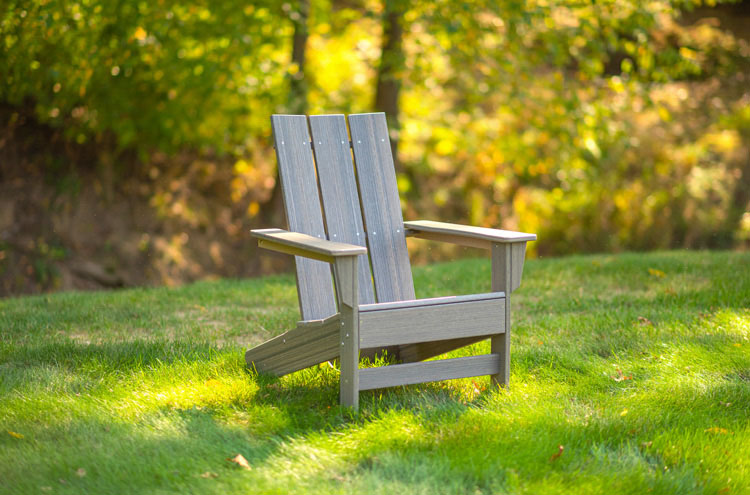Paper vs. Plastic Dunnage: Which Is Right for Your Business
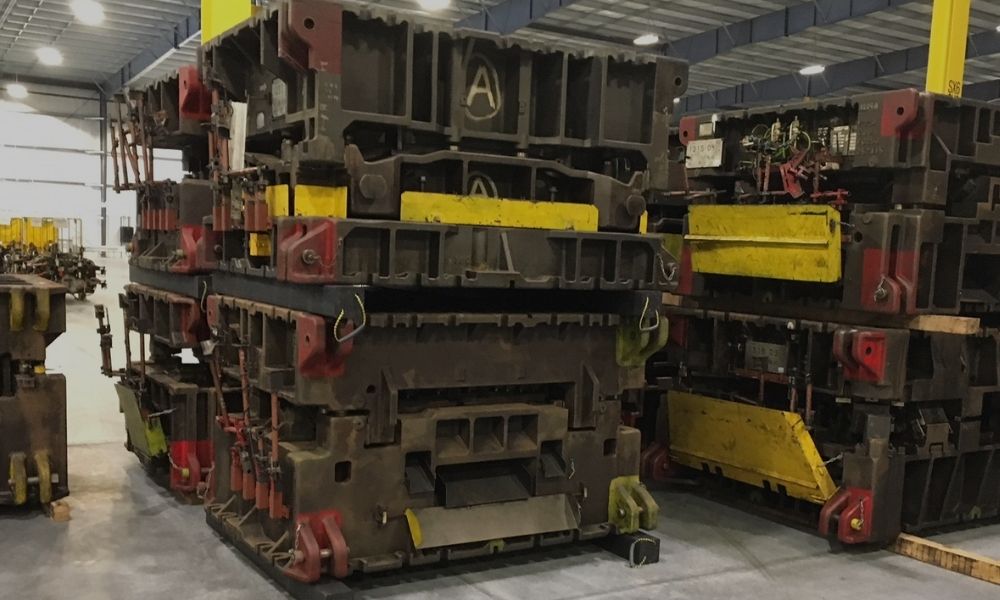
Are you looking into paper and plastic dunnage options for your business? Transportation and delivery are important steps in the supply chain to get goods to their respective locations. During this process, cargo loads typically stop at a warehouse or storage facility for sorting before loading onto further transports. Dunnage materials help protect this cargo from any bumps, accidents, or fast cargo loads to ensure they’re delivered in pristine condition. Still, when it comes to paper vs. plastic and choosing which dunnage is right for your business, it may be hard to tell the type of dunnage you need. Read this guide to learn more about the right dunnage material for your cargo.
What Is Dunnage?
Dunnage is an industry term used in logistics and manufacturing. It refers to the cushion materials used between products to protect them during transit. Various types of materials used in dunnage includes paper, bubble wrap, air pillows, and HDPE plastic. Dunnage can apply to inserts between packaging, filter around shipping boxes, and shipping material used to protect cargo loads. Any type of dunnage helps protect goods and revenue for both manufacturers and shipping companies.
Paper vs. Plastic
While many types of materials are used for dunnage, the two most common are paper and plastic. Kraft paper offers some advantages for companies. For one, it’s large and flexible. Companies can use as much paper as needed for each space without overspending. Since it’s a cost-efficient product, it’s easy to acquire and offers more affordability than other options. Still, paper dunnage is an impractical solution for protection, as it only offers minimal protection against mishaps or accidents.
On the other hand, HDPE plastic offers greater security and protection for all types of loads. Plastic is molded based on specifics, so even awkward or large cargo stays protected against environmental or workplace incidents. Whereas paper can break or degrade upon exposure to moisture, plastic boards are inherently resistant to bumps, cracks, temperature conditions, and moisture. It is also affordable and recyclable.
Which Is Right for Your Business?
When it comes to paper vs. plastic and choosing which dunnage is right for your business, the type of dunnage you choose largely depends on the cargo you deliver. Small and scalable boxes may fit more comfortably between paper dunnage. However, large or awkward cargo requires greater protection against accidental mishaps. Therefore, HDPE plastic dunnage is the way to go. With affordability, sustainability, and greater protection against interior and exterior conditions, plastic dunnage serves as the most feasible alternative for a reliable, sturdy dunnage material.
When looking for plastic dunnage for your business, Tangent Materials has the answer. Our HDPE plastic dunnage secures packages and equipment in warehouses, factories, and other facilities during transportation and handling. Our products offer unmatched durability, strength, and energy absorption throughout every process. Whereas traditional dunnage materials may break or succumb to moisture, plastic dunnage doesn’t. Call now with any questions or order your plastic dunnage from Tangent Materials today!


